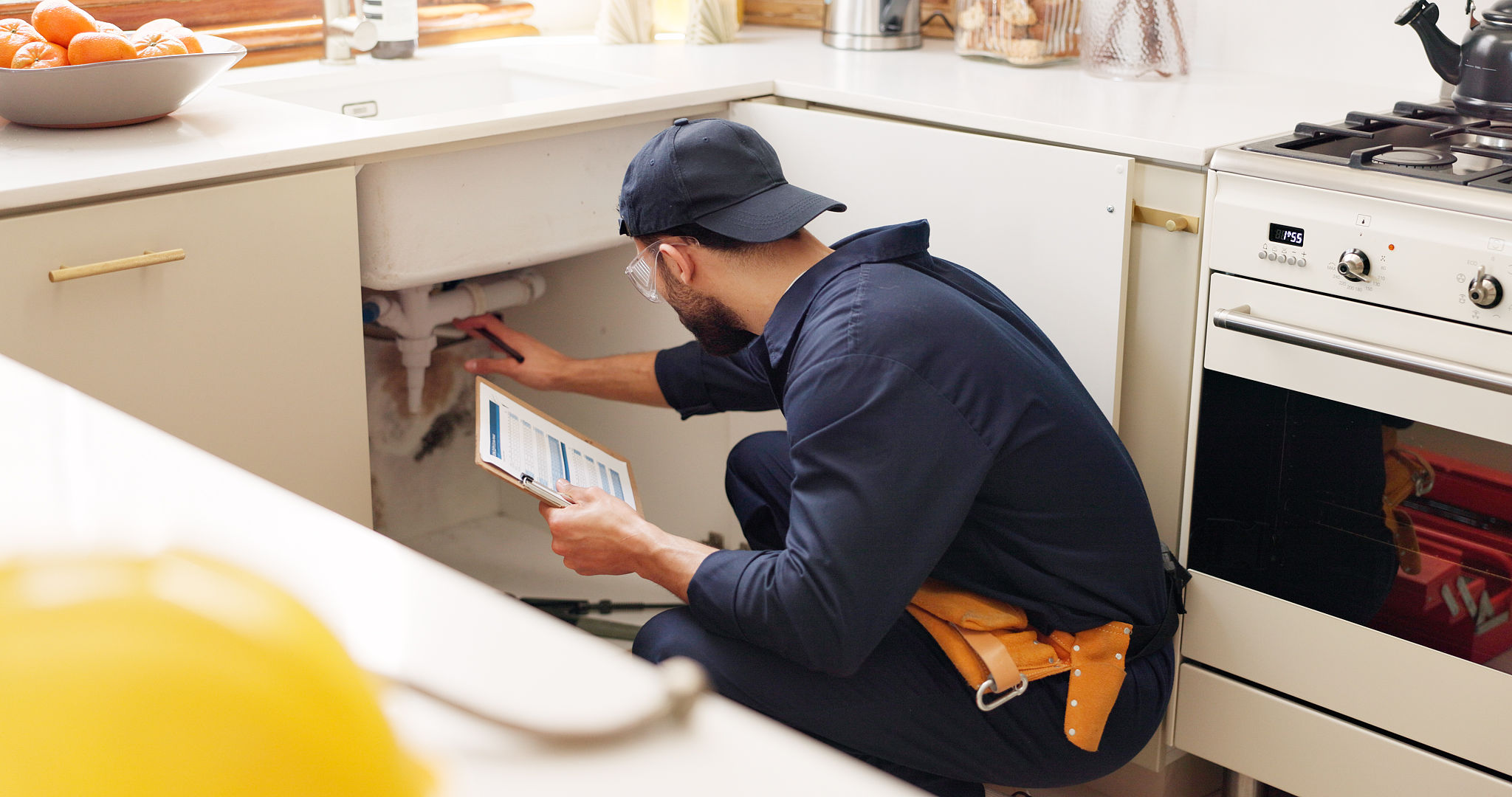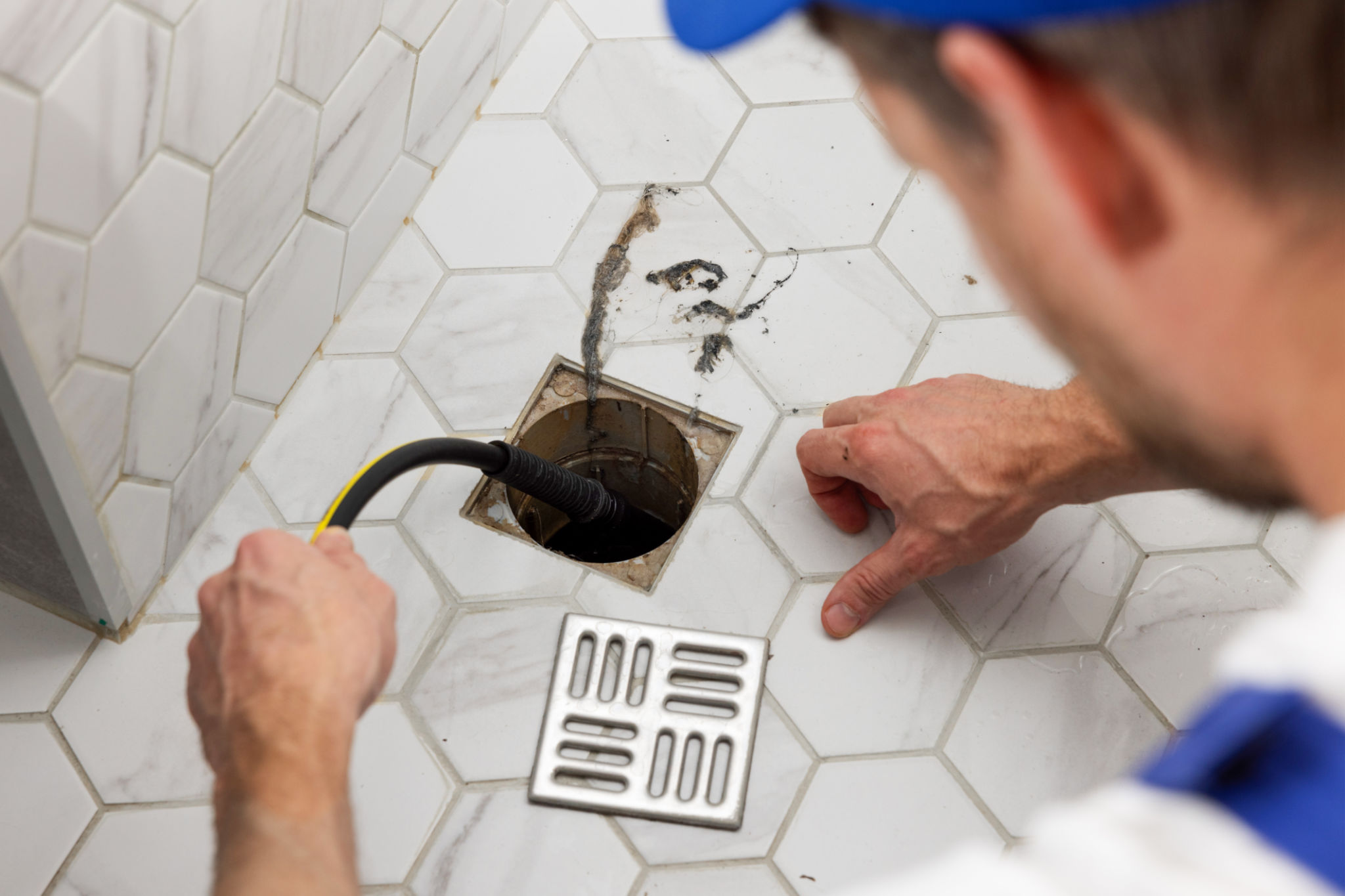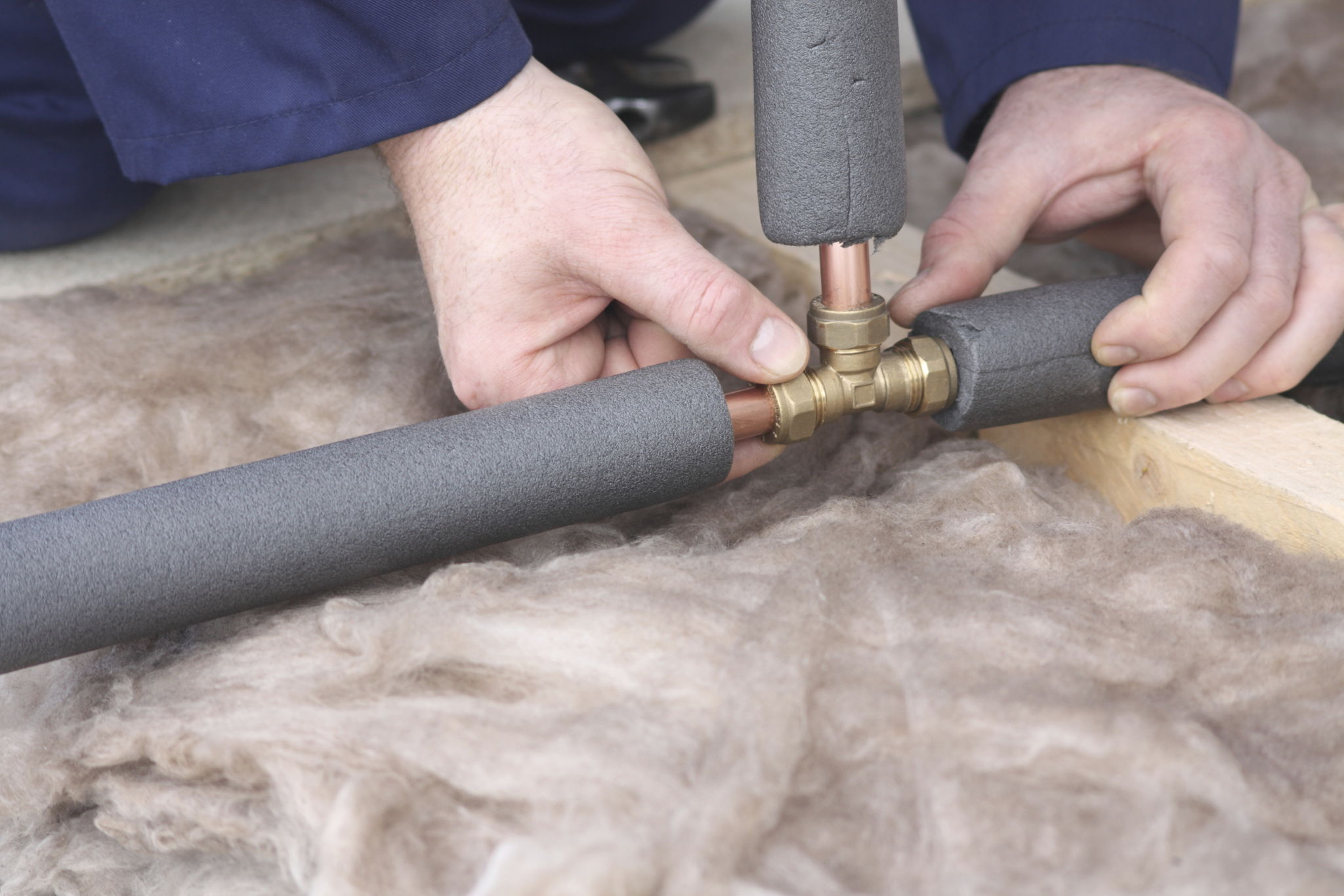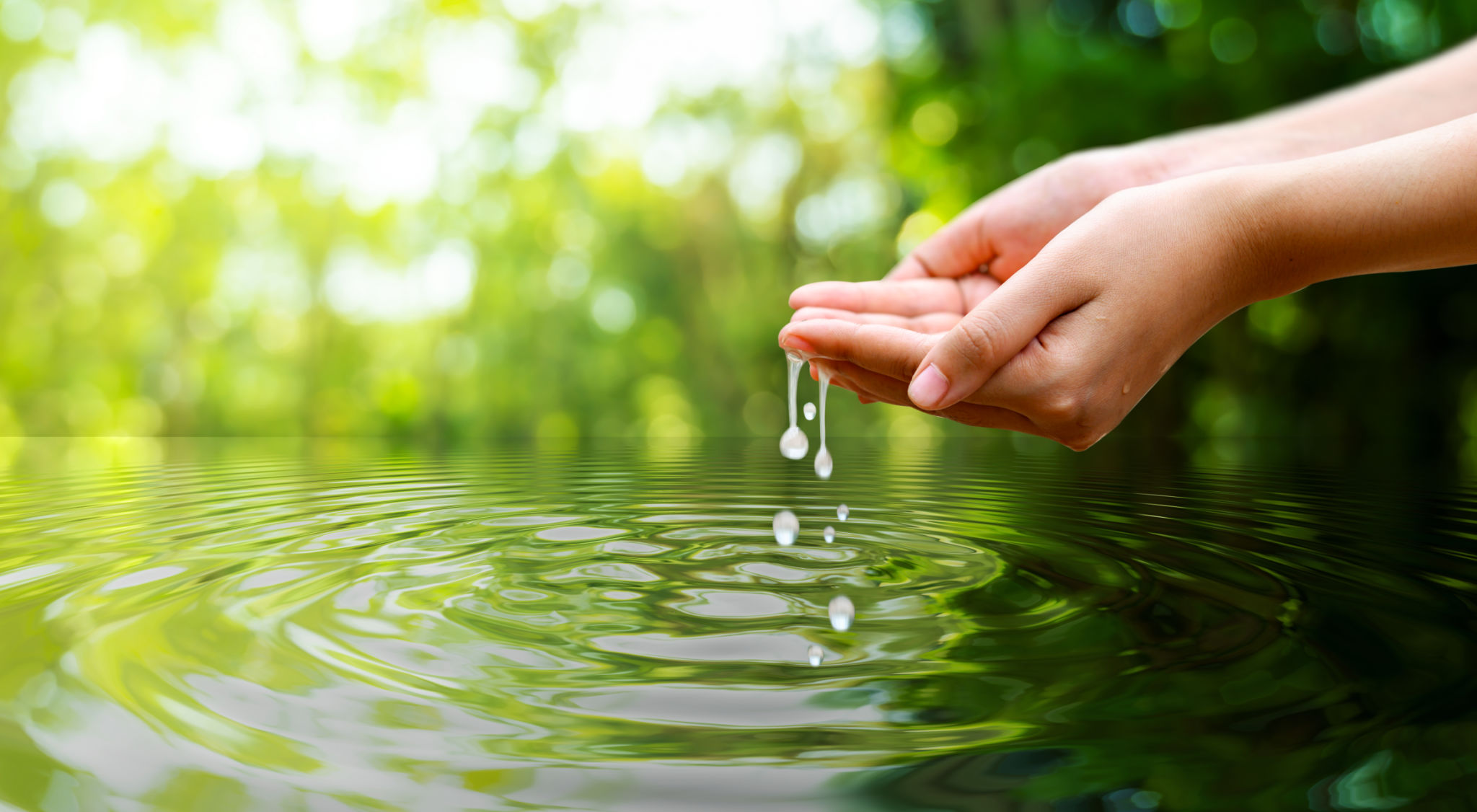Expert Tips on Maintaining Your Home’s Plumbing System Throughout the Year
Understanding Your Plumbing System
Maintaining your home's plumbing system is crucial for preventing costly repairs and ensuring the smooth operation of household functions. It's important to understand the basics of how your plumbing works. Your plumbing system typically includes pipes, fixtures, water heaters, and various appliances. Being familiar with these components will help you identify potential issues early and keep everything running efficiently.

Regular Inspection and Maintenance
One of the most effective ways to maintain your plumbing system is through regular inspection and maintenance. Schedule a thorough inspection at least once a year. Check for leaks, rust, or any signs of wear and tear in your pipes and fixtures. Pay special attention to areas under sinks and around toilets where leaks are most common.
Additionally, it's beneficial to inspect your water heater regularly. Ensure it's set to the appropriate temperature and flush it annually to remove sediment buildup. This simple step can extend the life of your water heater and improve its efficiency.
Preventing Clogs and Blockages
Clogs are a common plumbing issue that can lead to more significant problems if not addressed promptly. To prevent clogs, avoid disposing of grease, coffee grounds, and large food particles down the sink. Consider using drain strainers to catch hair and debris in bathroom drains.

If you do encounter a slow drain, try using a plunger or a natural drain cleaner made with baking soda and vinegar before resorting to chemical solutions, which can damage pipes over time. Regularly cleaning your drains can prevent stubborn blockages from forming.
Seasonal Plumbing Tips
Each season presents unique challenges for your plumbing system. In the winter, protect your pipes from freezing by insulating them, especially those in unheated areas like basements and garages. On particularly cold nights, allow faucets to drip slightly to prevent freezing.

During the warmer months, check outdoor faucets and sprinkler systems for leaks. These systems often go unnoticed until they cause significant water waste or damage. Regular maintenance ensures they function effectively when needed.
Water Conservation Practices
Conserving water not only benefits the environment but also reduces the strain on your plumbing system. Install low-flow fixtures in showers and toilets to minimize water usage without sacrificing performance. Regularly check for leaks in taps and toilets, as even small drips can lead to significant water loss over time.

Another water-saving tip is to use your dishwasher and washing machine only when full. This practice reduces the number of cycles needed, saving both water and energy.
When to Call a Professional
While many plumbing tasks can be handled with basic DIY skills, certain situations require professional expertise. If you experience consistent low water pressure, sewage backups, or persistent leaks that you can't identify, it's time to call a licensed plumber. Ignoring these issues can lead to more extensive damage and higher repair costs.
By following these expert tips and staying vigilant about regular maintenance, you can ensure your home's plumbing system remains in optimal condition throughout the year. A well-maintained system not only saves money but also provides peace of mind, allowing you to enjoy your home without unexpected disruptions.